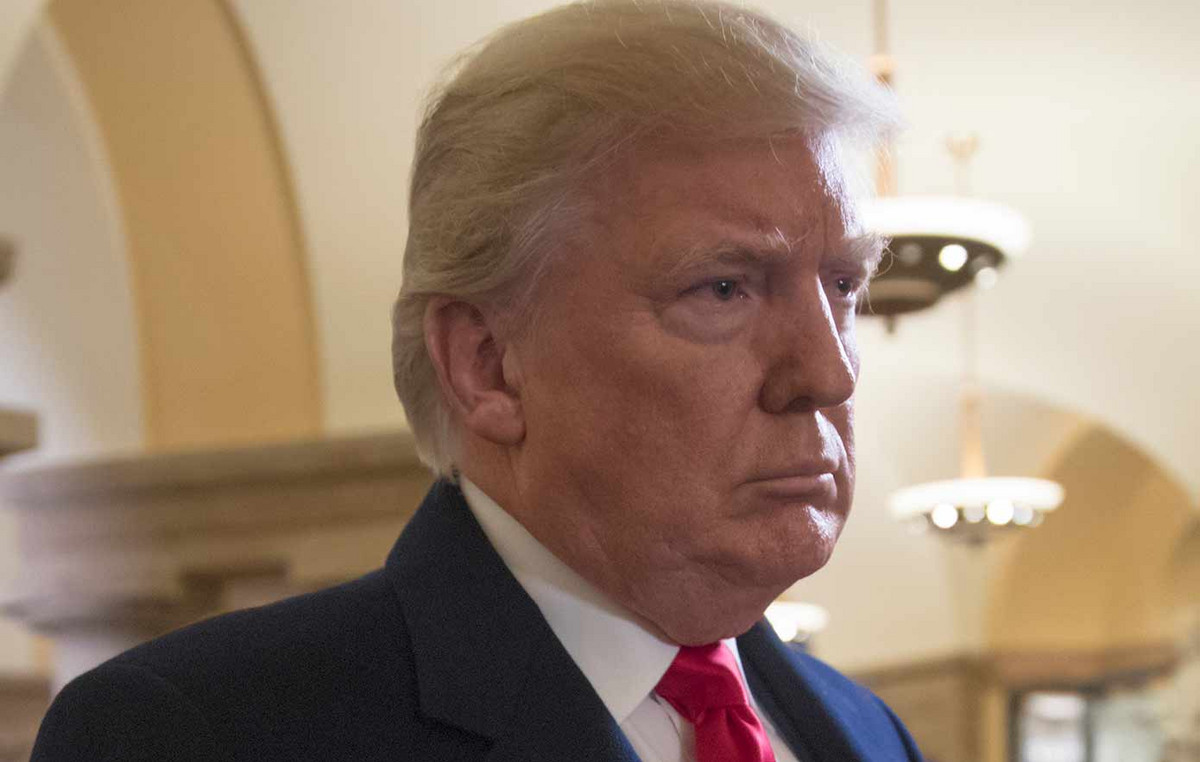Businesses in the United States are starting to prepare for a recession. The FedEx economic benchmark surprised Wall Street last week with a massive earnings warning and tepid outlook for the global economy.
The bad news from FedEx overshadowed a more promising development on Thursday, the agreement between rail operators and unions to prevent what could have been a massive rail strike.
Still, investors remain concerned about the health of the rail business, a sign of nervousness about the wider economy. Shares in the country’s leading rail operators Union Pacific, CSX and Norfolk Southern have all dropped sharply this year. Even Warren Buffett’s Berkshire Hathaway, which owns Burlington Northern Santa Fe, has recently sunk.
But FedEx isn’t the only company sounding the recession alarm. In an unusually bleak earnings call earlier this month, the CEO of upscale furniture retailer RH (aka Restoration Hardware) said that “anyone who thinks we’re not in a recession is crazy” and added that the housing market is in a recession that is “just getting started”.
Best Buy’s chief financial officer said in late August that he expects sales growth to continue to slow. And while the company has avoided using the term recession, Best Buy’s CFO said there is “a belief that current macro-environmental trends could be even more challenging … for the remainder of the year.”
The CEO of the PVH group, which owns the Tommy Hilfiger and Calvin Klein brands, noted in the company’s late August results that “high gas prices and other inflationary pressures began to affect consumer discretionary spending” over the summer, adding that the change “was most pronounced for us in the middle-income and value consumer in North America.”
Chip equipment leader Applied Materials noted on an earnings call last month that some of its semiconductor customers are in slowdown mode “as macro uncertainty and weakness in consumer electronics and PCs cause these companies to delay some requests”.
economic clues
These are ominous signs. And even more companies are likely to reference the downturn in the economy – some executives may even dare to use the word “recession” in the coming weeks. Most of the US corporate world operates on an annual earnings calendar, which means they will release third-quarter results in October.
Tech titans Apple and Microsoft, streaming leader Netflix, consumer products like Coca-Cola and Procter & Gamble, restaurant chains McDonald’s and Chipotle, and banking leaders JPMorgan Chase and Goldman Sachs are just a few of the blue chips that will give financial updates in the coming years. month.
The change in sentiment was dramatic. According to estimates monitored by FactSet, as of June 30, third-quarter earnings are expected to increase by nearly 10% year-on-year.
But as companies and analysts have lowered their outlook, forecasts now point to a profit increase of just 3.5%. That would be the worst quarter for earnings since a 5.7% drop in the third quarter of 2020, when the economy was reeling from Covid-imposed lockdowns.
FactSet senior earnings analyst John Butters noted that the magnitude of the change in earnings estimates is the largest since the second quarter of 2020, when many companies went into shutdown mode.
Aggressive rate hikes by the Federal Reserve, which are expected to continue with the Fed likely to raise rates again this week, are also fueling recession fears.
In addition, other global central banks, including the European Central Bank and the Bank of England, are also now in tightening mode. This raises the risk that a global rise in rates will lead to a further slowdown in earnings, consumer spending and the economy at large.
“Market sentiment and momentum have turned decidedly negative,” Mark Hackett, head of investment research at Nationwide, said in a report last week. “Earnings fears have now joined inflation and the Fed in investors’ minds.”
Hackett added that “growth expectations remain subdued” and that CEOs and small businesses are increasingly worried about a recession.
It is worth noting that not all recessions are “Great Recessions” like 2008. The US economy experienced much more modest downturns in 1990, after oil prices soared during the first Gulf War, as well as in 2001, after the dot-com bubble implosion. And the 2020 Covid recession lasted just two months, the smallest slowdown on record.
There is a possible bright spot. The US housing market, despite concerns about rising prices and rising mortgage rates, is expected to slow but not fall, as it did during the subprime crisis of 2007 and 2008.
Executives from companies including construction equipment giant Deere, building materials retailers Home Depot and Lowe’s and home appliance maker Whirlpool acknowledged in conference calls that while a short-term slowdown in housing demand is likely, another burst of massive bubble doesn’t seem to be in the cards.
Source: CNN Brasil
Joe Jameson, a technology journalist with over 2 years of experience, writes for top online news websites. Specializing in the field of technology, Joe provides insights into the latest advancements in the industry. Currently, he contributes to covering the world stock market.







